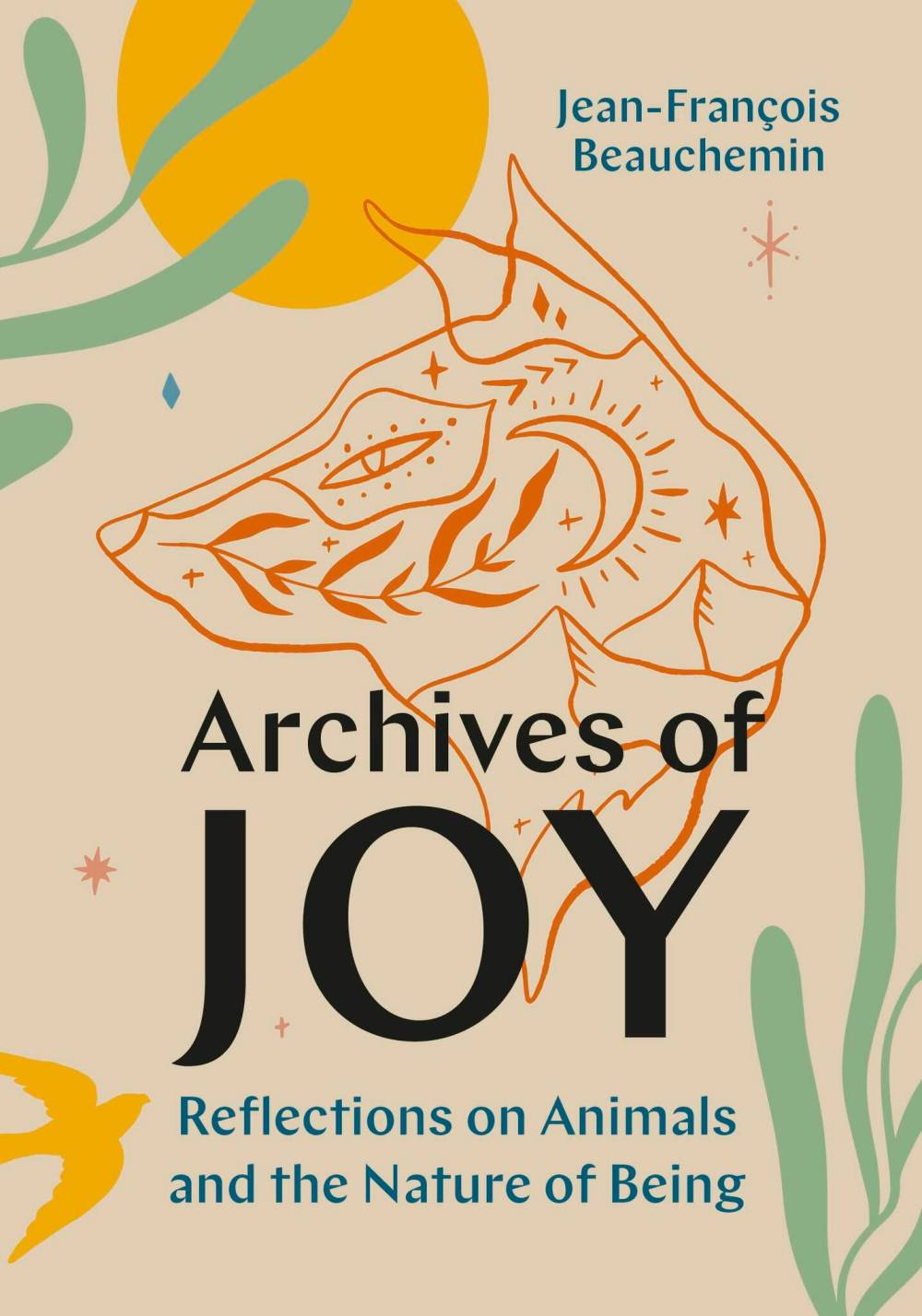Beauty, joy found in encounters with nature
Advertisement
Read this article for free:
or
Already have an account? Log in here »
To continue reading, please subscribe:
Monthly Digital Subscription
$0 for the first 4 weeks*
- Enjoy unlimited reading on winnipegfreepress.com
- Read the E-Edition, our digital replica newspaper
- Access News Break, our award-winning app
- Play interactive puzzles
*No charge for 4 weeks then price increases to the regular rate of $19.00 plus GST every four weeks. Offer available to new and qualified returning subscribers only. Cancel any time.
Monthly Digital Subscription
$4.75/week*
- Enjoy unlimited reading on winnipegfreepress.com
- Read the E-Edition, our digital replica newspaper
- Access News Break, our award-winning app
- Play interactive puzzles
*Billed as $19 plus GST every four weeks. Cancel any time.
To continue reading, please subscribe:
Add Free Press access to your Brandon Sun subscription for only an additional
$1 for the first 4 weeks*
*Your next subscription payment will increase by $1.00 and you will be charged $16.99 plus GST for four weeks. After four weeks, your payment will increase to $23.99 plus GST every four weeks.
Read unlimited articles for free today:
or
Already have an account? Log in here »
Hey there, time traveller!
This article was published 03/06/2023 (895 days ago), so information in it may no longer be current.
As even the longest life is short compared with that of the great, wheeling universe, Jean-François Beauchemin “strives to… balance this brevity… by way of joy… or otherwise the seeking of beauty.” In this, his 24th book (translated into English by David Warriner and illustrated by Annie Konst), the prize-winning Québécois novelist and poet offers readers 66 observations — each no more than four pages, and most half that — he calls “a bestiary of memory.”
For Beauchemin, joy and beauty are most reliably found in encounters with animals both wild and domestic, and with the natural world, and this slim volume is primarily dedicated to accounts of these meetings, interactions that animate Beauchemin’s life and, indeed, his death, or at least his anticipation of it.
For example, writing about a fallen oak and an owl who might be the tree’s soul, he muses, “I wondered… if all the beating of wings, the nocturnal calls, and the sudden flights I perceive so clearly in me might be the expression of a similar presence… of a peaceful soul appraising its chances of survival for the day I absent myself from my body once and for all.”

Archives of Joy
Reminiscent of Antoine de Saint-Exupéry’s The Little Prince, Beauchemin’s style is beguiling, as are many of his notions, and readers are certain to find joy and beauty within these pages, as well as invitations to ponder meaning.
However, it must be said that reading Beauchemin’s observation Rainy Night jolts one out of the narrative.
In this chapter Beauchemin relays a conversation with his friend Dany (presumably Haitian-Canadian author Dany Laferrière) who tells him, “in his big cavernous voice like a Caribbean coconut: ‘…you’re a faux white guy, a Black man who doesn’t know it and unconsciously tries by any means to connect to his true nature. At one time it was by falling madly in love with beautiful Ethiopian women, these days it’s by hanging around with great black dogs and old newsworthy Haitian writers.’”
Dany’s words leave Beauchemin “happy and contented, admiring and proud.” If the author reflects on the reasons for his feelings, he doesn’t say. Left to their own devices, readers may well conclude that Beauchemin is employing the trope of the Magical Negro, in which a Black character’s sole purpose is to enlighten a white man.
Does Dany’s pronouncement strike Beauchemin as absolution of his whiteness and the baggage that goes with it? Perhaps, and yet this section demonstrates discriminatory notions of Blackness that bring Archives of Joy crashing to earth.
Jess Woolford reads and writes in Winnipeg and beyond.

